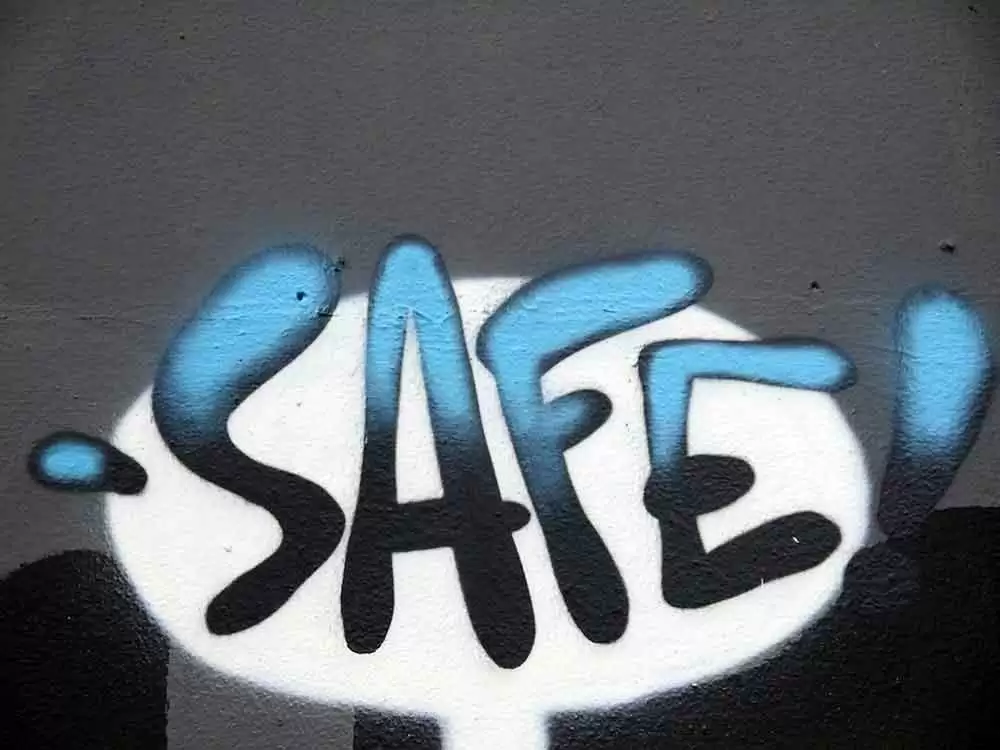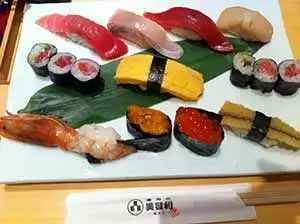
Celiac.com 07/24/2020 - In the U.S., hydrolyzed plant protein is gluten-free, safe for people with celiac disease, and appears on Celiac.com's list of Safe Gluten-Free Ingredients. All hydrolyzed plant protein is gluten-free, including soy protein isolate, soy protein concentrate, autolyzed plant protein, hydrolyzed oat flour and textured protein.
Hydrolyzed Protein is Gluten-Free. Other names and abbreviations for hydrolyzed vegetable protein include:
- HPP
- HVP
- Hydrolyzed Plant Protein
- Hydrolyzed Protein
- Hydrolyzed Soy Protein
- Hydrolyzed Vegetable Protein
Hydrolyzed Protein is MSG
For some people, the problem is that any form of hydrolyzed vegetable protein, animal protein or plant protein, contains MSG. This includes any ingredient listed as hydrolyzed, protein-fortified, ultra-pasteurized, fermented or enzyme-modified, which either contain MSG, or produce free glutamic acid in manufacturing.
Celiac.com Sponsor (A12):
Even though it's gluten-free and safe for celiac diets, MSG can cause adverse reactions in some people, with symptoms including, facial numbness or pressure, rapid heart beat, chest pain, nausea, vomiting, headache, sweating, shortness of breath, or burning sensations in various parts of the body. For this reason, many people prefer to avoid MSG.
New FDA Rules
Beginning on 10/13/2020, the FDA will require companies who use hydrolyzed ingredients in a product labeled "gluten-free" to prove that the starter ingredients used in the hydrolyzed product are gluten-free per the FDA's labeling regulations.









Recommended Comments
Create an account or sign in to comment
You need to be a member in order to leave a comment
Create an account
Sign up for a new account in our community. It's easy!
Register a new accountSign in
Already have an account? Sign in here.
Sign In Now